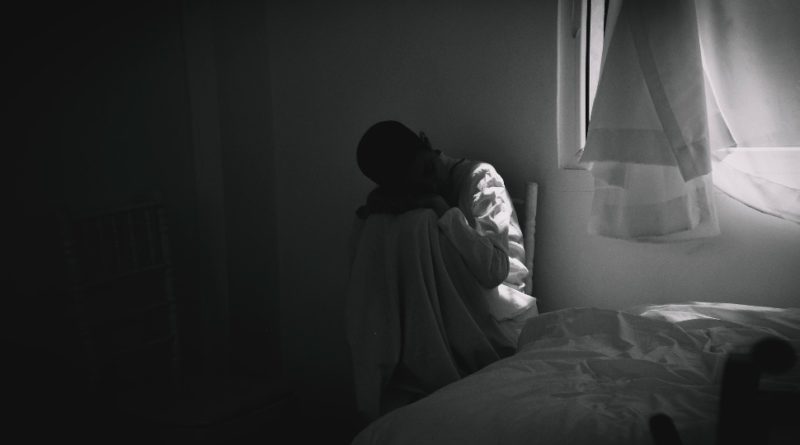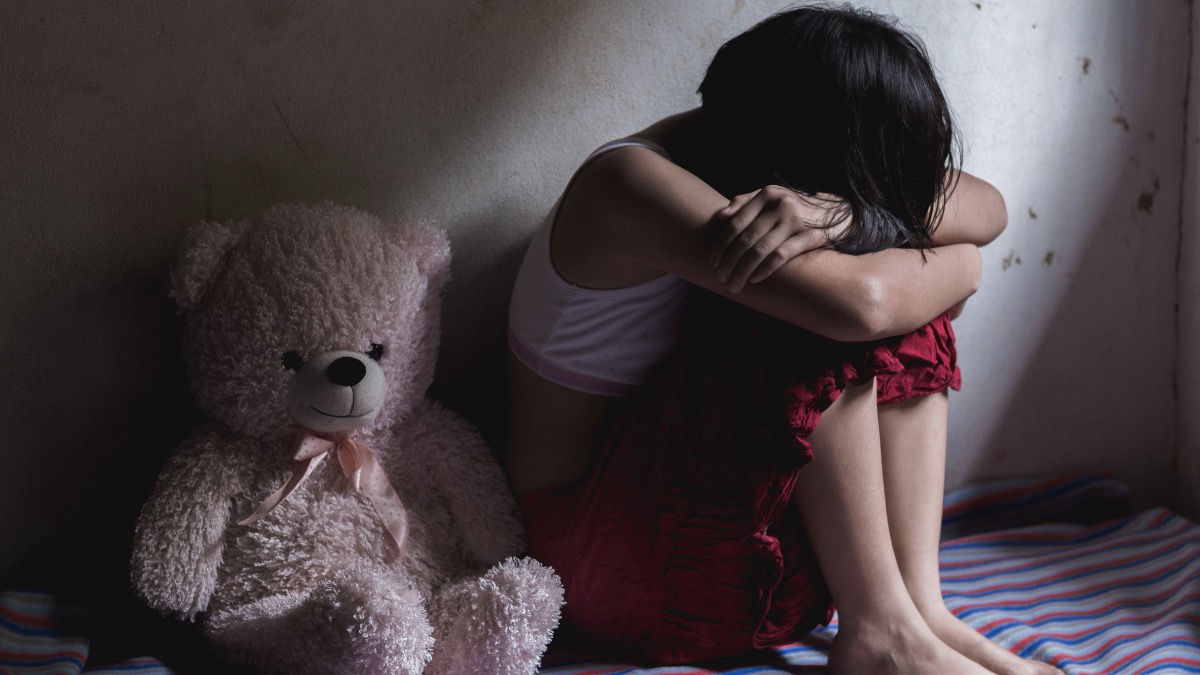SEX & RELATIONSHIPS | Life-Sex | Believe Your Child If They Report Sexual Abuse, Says Expert
Despite the alarming data, many parents doubt their children when they first report instances of abuse and culture plays a major role.
Smart Parenting Guide on Sex Education seeks to empower parents in raising informed tweens and teens who understand their body and their rights with the goal of protecting them from all kinds of sexual abuse. Smart Parenting resident sex education expert, Dr. Rica Cruz is a US-board certified sexologist, a sex and relationships therapist. Together with tween daughter Caia Miella, Dr. Rica, navigates the realities of sex in the eyes of today’s teens and tweens and aims to foster honest and healthy conversations between parent and child.
Dr. Rica: Data on child abuse says that it happens more often by someone the family knows than a complete stranger. In fact, more than 90 percent of child sexual abuse victims know their abuser.
According to the studies, about seven million children are sexually abused each year in the Philippines. The perpetrators are most often their fathers/father figures, uncles, or other close relatives, such as cousins.
Reports show that abuse, especially incest, often takes place in the family home when the victim is alone.
However, these instances can easily extend beyond their homes and into schools which students consider as their second homes. People in authority can be seen as substitute parents, “uncles,” and “kuyas,” wherein different kinds of relationships can develop.
The perpetrators are most often their fathers/father figures, uncles, or other close relatives, such as cousins.
These relationships are of course, also susceptible to abuse and harassment.
Despite the alarming data, many parents doubt their children when they first report instances of abuse. It’s normal to feel confused, betrayed, or even in denial upon hearing upsetting news.
But parents have to learn how to overcome these feelings to ensure the safety of their children. This includes finding ways to work through feelings and reactions to the abuse that don’t interfere with the child’s welfare.
What to do if your child says he is a victim of sexual abuse
If a child reports abuse or mistreatment, here’s how you can approach the situation:
1| Don’t assume children “know better” and will report the abuse right away.
Studies show that the lack of sex education is primarily the reason that 2 out of 3 children do not report the crime. Children do not realize they are being abused in the first place. Thus, early sex education and consistent communication about setting boundaries, even around relatives and at home, will help children point out when something feels wrong.
2| Assure the child that they did nothing wrong in reporting the abuse.
Children who are close to their abusers may feel guilty in reporting the “secret”. Tell the child that they are safe and won’t be punished for telling you about it.
Filipino culture often dictates that things should remain secret to prevent scandals among family and friends.
Unfortunately, there are still instances when the parents dismiss their kids right away. They assume that their kids are just asking for attention or “nagrerebelde.”
3| Show understanding and take the allegation seriously.
Most victims adopt the culture of silence and suffer without saying a word. If your child took the first step in trusting you with this, then please hear them out. If you feel like your child is ready to talk, you can ask for details. But ensure you do it in a non-threatening and non-judgemental manner.
Don’t ask questions such as “what were you wearing?” or “why were you alone?” “why didn’t you say something sooner?” A child who is disclosing this information does not need a barrage of questions. They only need you to listen and support them.
“Some of us think that when someone slaps your butt playfully or plays with your bra, it’s just child’s play and not harassment or that person likes you.” – Caia, 11 years old.
Instead of these questions, it is more important to ask them what they want and how you can help them. A child who feels heard and understood is less likely to develop depression and PTSD from their abuse.
4| Prioritize children’s safety over relationships and culture.
Filipino culture often dictates that things should remain secret to prevent scandals among family and friends.
For some, the illusion of a happy and united family bears more importance than reporting the abuse being suffered by the child.
As the culture has subscribed to the narrative that women are supposed to be submissive and dependent, girls are more vulnerable to sexual harassment and abuse. Furthermore, the culture dictates that the family’s morality should remain secret and that children should remain silent and non-confrontational towards their elders.
All these cultural factors are making cases of child sexual abuse a constant and lasting situation in the country.
Signs of abuse to watch out for
If your children do not report anything but you suspect that they are being harmed, here are some things that could indicate something is wrong:
1| Behavior
Avoiding or seeming threatened by physical contact, regressive behaviors like thumb sucking, changing hygiene routines such as refusing to bathe or bathing excessively, frequent nightmares
2| Physical signs
Bruising or swelling near the genital area, blood on sheets or undergarments, pain in certain areas, fractured or broken bones that cannot be explained
3| Verbal cues
Using words or phrases that are “too adult” for their age, unexplained silence, or suddenly being less talkative
‘He likes you’ confuses children about what harassment is.
Caia: Harassment and abuse are serious. And what a lot of people do not know is that it happens everywhere. This is why it is important to teach your kids to speak up when something does not feel comfortable for them.
They should not be scared to tell you as their parents if people around them, especially in school, are taking advantage of them and their bodies.
“There are also times when teachers can dismiss it as “this person likes you that’s why they do that.”… That’s why talking to parents is important.” – Caia, 11 years old.
I think that as kids, we are also confused about what is harassment and/or abuse. Some of us think that when someone slaps your butt playfully or plays with your bra, it’s just child’s play and not harassment or that person likes you.
But I think for other people it already is harassment. If the person is not comfortable with what you are doing to him/her, it should be called out. I think parents should talk to their kids before they attend school, at around ages five or six, and already teach them boundaries.
The only times I remember my friends calling out what is uncomfortable for them was during Grade 5, but there probably would be many times around earlier grades when they are uncomfortable with something.
Sometimes classmates tease each other but what they do not know is that they can be annoying or that what they say is not appropriate. However, there are also times when teachers can dismiss it as “this person likes you that’s why they do that.” This is why it is important that your kids feel safe and know how to talk to you, the parent, when something makes them uncomfortable.
Where to report child abuse:
From: Smartparenting.ph
Discover the best of culture, business, and style from Esquire Philippines. Visit Quento for more stories and subscribe to our YouTube channel for new videos.


 Memento Maxima Digital Marketing @
Memento Maxima Digital Marketing @
.jpg)

 Ads by: Memento Maxima Digital Marketing
Ads by: Memento Maxima Digital Marketing






